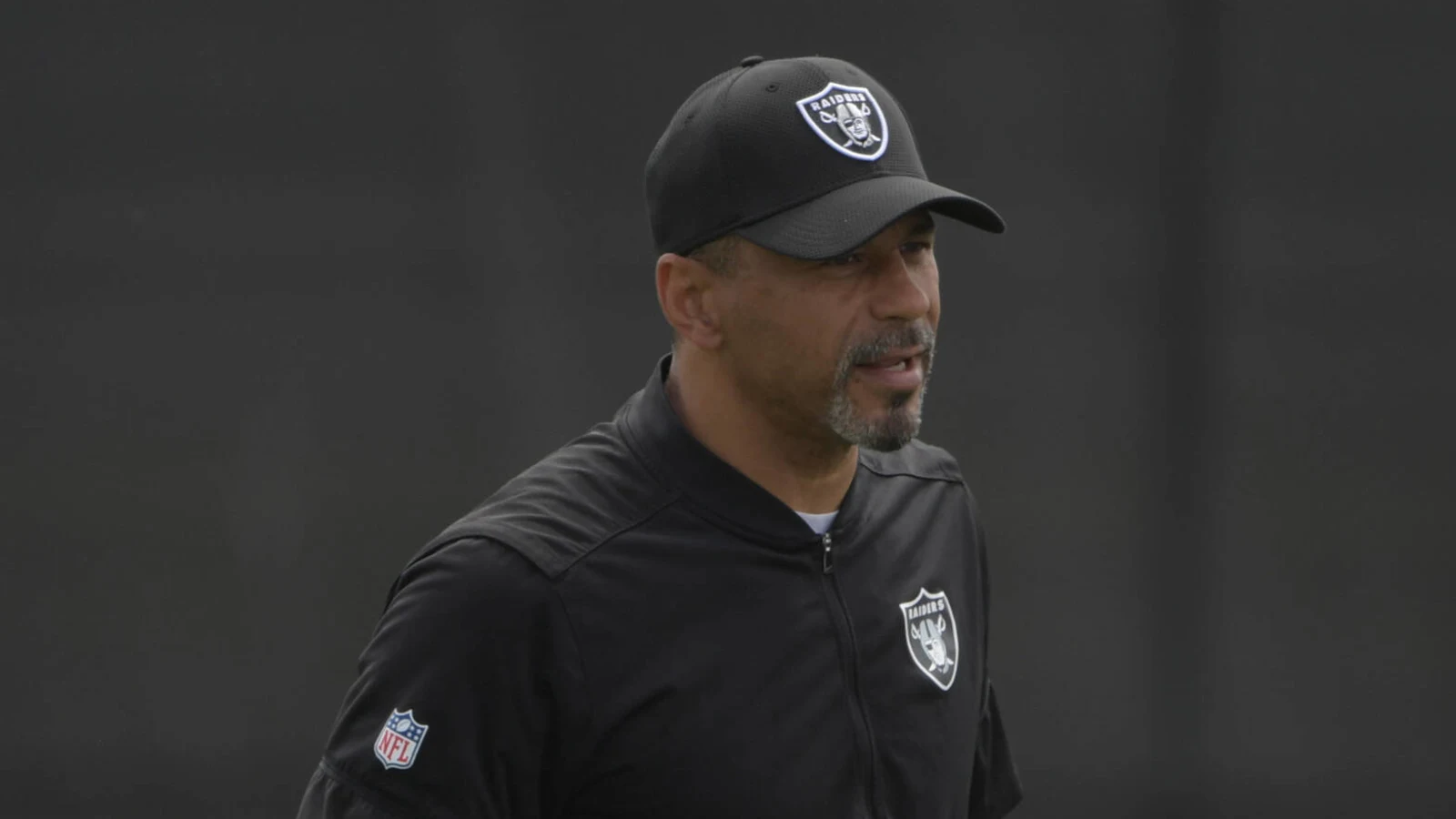In 1987, the Pittsburgh Steelers made a pivotal decision that would reshape their organization, selecting Rod Woodson as the 10th pick in the first round of the NFL Draft. Woodson, who later became one of the football greats, left an enduring impact on the sport. However, before his illustrious NFL journey began, Woodson found himself entangled in a complex situation during his college days at Purdue University.
In an exclusive interview with Dan Patrick on the Audiorama YouTube channel, Woodson opened up about a defining incident from his college years—a decision that would come back to haunt him. It was a time when Woodson signed a deal involving accepting money from agent Norby Walters, a clear violation of the rules at that time.
Reflecting on that period, Woodson revealed a poignant aspect of his life, stating, “That was the same year my dad lost his job.” Walters, along with Lloyd Bloom, his business partner, played a significant role in the sports agency landscape of the 1980s, founding World Sports & Entertainment from 1984 to 1987.
As Woodson recounted the story, his voice trembled with emotion. He explained the circumstances that led him to accept the money, fully aware of the consequences. “They poured out a boatload of money sitting on our table. I didn’t want to do it, and you know, my mom started crying, but I thought, I have to do it. I don’t want to, but I’ll do it for you guys, so I took the money and regretted it the whole time.”
Walters and Bloom were notorious for targeting financially struggling families of college athletes, offering covert agreements. For Woodson, the timing was crucial, with his family facing financial hardship due to his father’s job loss. The money he received was not for personal gain but an attempt to alleviate his family’s financial burden.
“I took the money, and they gave me an allotment every month for the family. My mom and dad took it. I never received any of the money. I gave it straight to them,” Woodson revealed.
Dan Patrick highlighted the exploitative practices of Walters and Bloom, who preyed on the vulnerability of college athletes and their families. Woodson agreed, disclosing a disturbing revelation: “They found out afterward that Walters had connections to the Columbo crime syndicate.”
This revelation added another layer of complexity to an already controversial situation. Woodson paid a steep price for his involvement, losing eligibility in track and field. Fortunately, his football season had concluded by the time news of the scandal surfaced.
Despite the setback, Woodson’s close friend Eugene Parker, also an agent and Purdue alumnus, played a crucial role in extricating him from further trouble. Parker’s intervention allowed Woodson to move on from the scandal, becoming his agent in the process.
In the present era of Name, Image, and Likeness (NIL) deals in college sports, situations like Woodson’s would not pose the same issues. The landscape of college athletics has evolved, providing athletes with more opportunities to benefit from their talents.
Looking back, Woodson’s decision to accept money from Walters was a product of challenging circumstances and a desire to support his struggling family. While it cast a brief shadow over the end of his college career, it did not define the legendary path that followed—an illustrious NFL career and a lasting legacy in the world of football.
